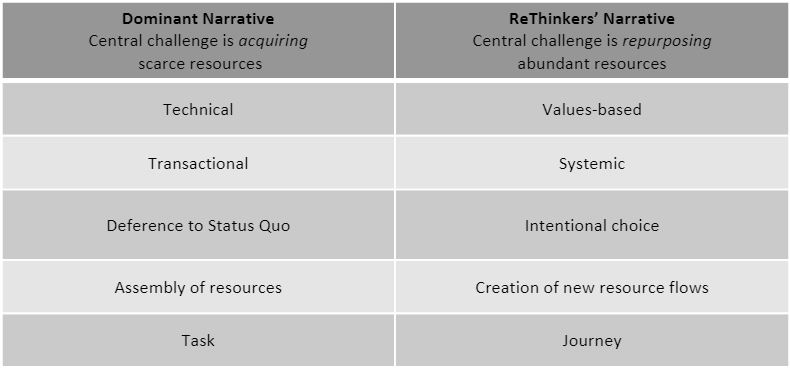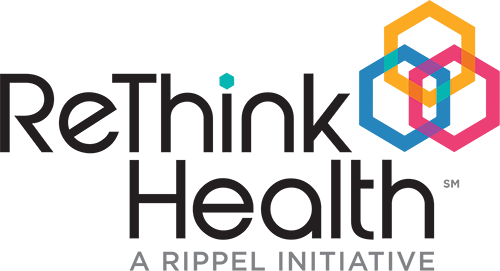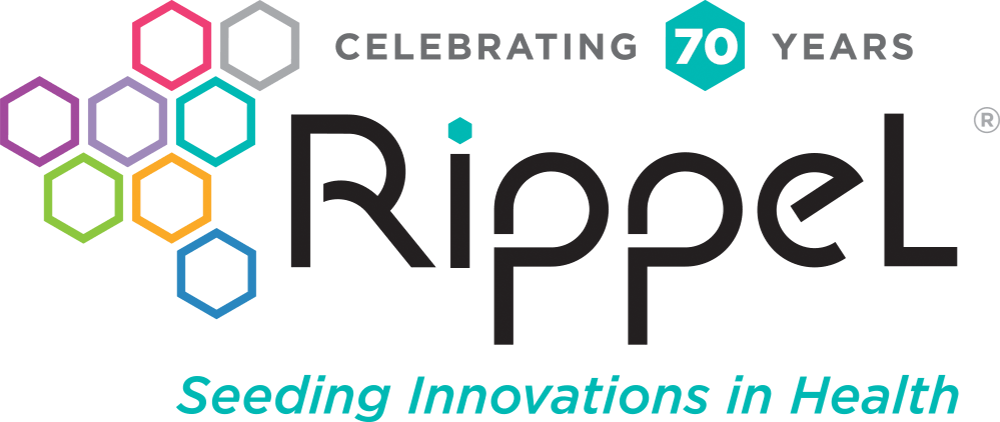The Stew BLOG
ReThink Health Pathway Helps Communities Build Momentum
The following is a cross-post from the HealthDoers Open Community, which is hosted by the Network for Regional Healthcare Improvement (NRHI).
At ReThink Health, we have created the Pathway for Transforming Regional Health. Check it out at the link or in this file. We also have a video you can watch below. The Pathway is a useful resource for leaders in a community collaborative (and their coaches!) who have decided to step outside of their own organizational boundaries to work together toward a larger, system-wide goal. It previews what changemakers like you can expect in the long journey of system transformation toward better health, lower healthcare costs, higher quality of care, and greater equity and productivity.
Perhaps most important for you to know, going into this HealthDoers dialogue, is that the Pathway helps leaders assess where they are along their journey (from Phases 1-5), identify common pitfalls, and consider what aspects of stewardship, strategy, and financing might build momentum.
Here’s a quick summary:
Phases 1-3 along the Pathway are known as the Improving Stage. This involves moving from a narrowly focused, short-term campaign—for example, minimizing children’s exposure to lead paint—to engaging stakeholders and aligning them to contribute resources toward a coordinated effort to achieve a broader set of common objectives. In Phases 4 and 5, known as the Transforming Stage, stakeholders introduce profound innovation—altering current business models, redesigning core practices and policies, reallocating resources, and forming new partnerships—to transform the system that shapes health.
Stakeholders ultimately institutionalize successful innovations into an integrated health ecosystem that is designed, led, and financed to foster healthy people and thriving communities. Traveling through the five phases is not always linear. Transformation efforts may cycle between phases, move back into prior phases as they face challenges, or make exponential progress.
What does financing look like along the Pathway?
That’s what we want to learn! We know that community collaboratives will need to make a dynamic breakthrough to advance from the Improving stage to the Transforming stage (Phases 4 and 5). Our job as ReThink Health’s Sustainable Financing Team is to figure out what that dynamic breakthrough looks like in the area of financing. We want to know what mindset, framing (so each stakeholder comes to understand how they can contribute to overall success), and skills/know-how will most help stakeholders get the financing job done.
When community collaboratives begin to think about financing, most want to get right down to the business of getting money for immediate needs. They say things like, “Let’s get a big grant!” Or “Let’s look into a Social Impact Bond!” Or “Let’s get a loan from a Community Development Financing Institution!” And those mechanisms are all worth considering.
But if community collaboratives are going to get through Phase 3—if they are truly interested in sustainable financing for system transformation—then they need to begin developing a very different mindset about financing. When collaboratives in the early phases of work start conversations about financing with this in mind, stakeholders just might evolve their ideas about the financing “job to be done.” They might think more about using the financing mechanism that will best help them get to the next phase, or build the strategies and stewardship necessary to take on more challenging finance mechanisms. They might consider how the activities funded by an initial grant will position them to be able to sustain financing in the longer term.
At ReThink Health, we’ve begun to assert a new, rethinkers’ narrative as a means for communities to open a discussion about how to approach their financing work before they launch into a process of going out and getting money. This new narrative challenges the old ways of thinking that have dominated how we think and act when it comes to financing community work. See the chart below:

For the next two weeks, ReThink Health will be exploring the topic of sustainable financing for health system transformation via the HealthDoers Open Community. HealthDoers is an online forum managed by NRHI and supported by the Robert Wood Johnson Foundation. It seeks to bring “health doers” together to connect with and learn from each other. You can participate in and follow the conversation by joining HealthDoers. You can also stay up-to-date by following @ReThinkHealth and @RegHealthImp on Twitter and using the hashtags #ReThinkFinancing and #HealthDoers. We look forward to rethinking financing with you!

